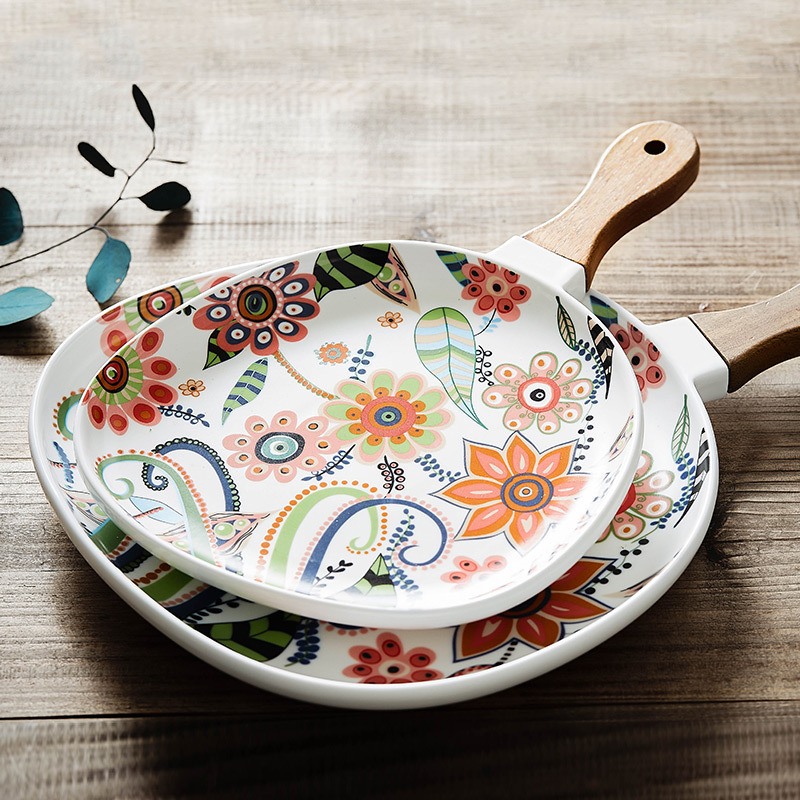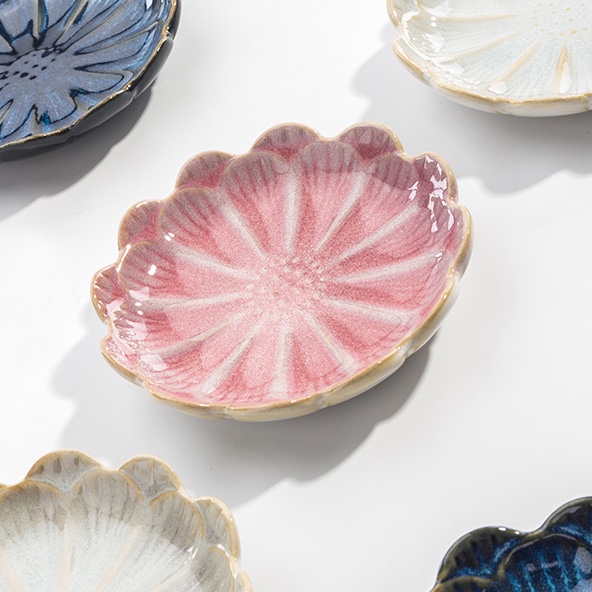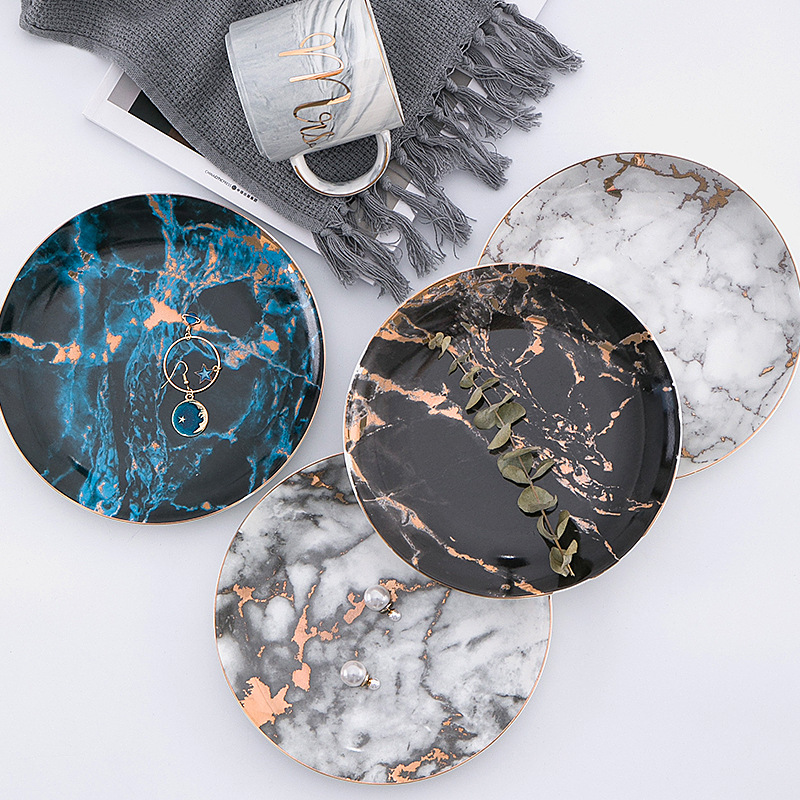Your dinnerware set is not just a collection of plates, bowls, and cups; it’s a reflection of your taste and style, and an essential part of every mealtime experience. Whether you have invested in fine china, sturdy stoneware, or elegant porcelain, proper care and maintenance are crucial to ensure their longevity and lasting beauty. In this blog, we will explore essential tips and practices to help you preserve the beauty and durability of your dinnerware set, allowing you to enjoy them for years to come.
- Understand the Material
Before diving into the specific care tips, it’s essential to understand the type of dinnerware material you have. Different materials require different handling and care. Common dinnerware materials include:
a. Porcelain/Ceramic: Known for its delicate appearance and elegant feel, porcelain or ceramic dinnerware is popular for formal occasions. It is durable but can chip or crack if mishandled.
b. Stoneware: Durable and versatile, stoneware is designed to withstand daily use and is less prone to chipping. It is microwave and dishwasher safe in most cases.
c. Bone China: Recognized for its translucency and lightweight feel, bone china is a delicate material that needs extra care. It is best suited for special occasions rather than everyday use.
- Handwashing vs. Dishwasher
While most modern dinnerware is labeled dishwasher safe, handwashing remains the gentlest option for preserving the beauty of your set. If time permits, opt for handwashing your dinnerware using mild dish soap and warm water. Avoid using harsh scrubbers or abrasive pads, as they can scratch and damage the surface.
However, if you choose to use a dishwasher, make sure to follow these guidelines:
- Load the dishwasher carefully to prevent pieces from knocking into each other.
- Place delicate items, such as fine china or bone china, on the top rack to avoid direct exposure to high water pressure.
- Use a gentle dishwasher cycle to reduce wear and tear on the glaze and patterns.
- Temperature Considerations
Extreme temperature changes can cause cracks in your dinnerware, especially with delicate materials like porcelain and bone china. To avoid thermal shock, never take your dinnerware directly from the fridge or freezer to a hot oven or microwave. Allow them to come to room temperature before exposing them to heat.
Additionally, when serving hot food, preheat your dinner plates to keep the meal warm for a more extended period.
- Stacking and Storage
Proper stacking and storage are vital for preventing scratches and chips. Always stack your dinner plates and bowls with soft cloth or felt dividers between each piece to avoid direct contact. Avoid stacking too many items together, as the weight can lead to breakage or deformation.
When storing your dinnerware, choose a dry and cool place, away from direct sunlight. Keep them in a dedicated cabinet or cupboard to protect them from accidental bumps or falls.
- Avoid Cutting on Dinnerware
Using your dinnerware as a cutting surface can lead to permanent damage and scratches. Always use appropriate cutting boards and knives for food preparation to preserve the pristine appearance of your dinner plates.
- Handling with Care
Handle your dinnerware with utmost care, especially when serving and clearing the table. Avoid using excessive force or pressure while serving, and never pile heavy dishes on top of one another.
During gatherings, provide your guests with the necessary guidance on handling delicate dinnerware. A gentle reminder can go a long way in preventing accidents and damages.
- Addressing Stains and Discoloration
Over time, dinnerware can develop stains or discoloration, especially from food items like berries, tomatoes, or spices. To address these issues:
a. Regularly rinse and wash your dinnerware immediately after use to prevent stubborn stains from setting.
b. For stubborn stains, create a paste of baking soda and water and apply it to the affected area. Let it sit for a few hours before gently scrubbing with a soft sponge.
c. For discoloration caused by mineral deposits or dishwasher residue, use a solution of equal parts vinegar and water to soak the affected pieces. Rinse thoroughly afterward.
- Occasional Inspection
Periodically inspect your dinnerware set for any signs of damage, chips, or cracks. Address any issues immediately, as they can worsen over time. In case of minor damage, consult a professional restorer who specializes in dinnerware repair to maintain the set’s original charm.
Conclusion
Your dinnerware set holds sentimental value and plays an integral role in creating memorable dining experiences. By following these essential care tips, you can extend the life of your dinnerware, preserve its beauty, and continue to enjoy its elegance for many years. Whether you opt for fine china, stoneware, or bone china, proper care will reward you with a table set for every occasion, always reflecting the grace and refinement you desire.



